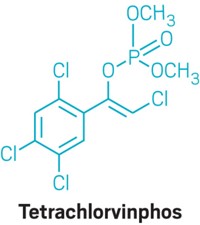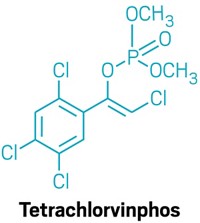Advertisement
Grab your lab coat. Let's get started
Welcome!
Welcome!
Create an account below to get 6 C&EN articles per month, receive newsletters and more - all free.
It seems this is your first time logging in online. Please enter the following information to continue.
As an ACS member you automatically get access to this site. All we need is few more details to create your reading experience.
Not you? Sign in with a different account.
Not you? Sign in with a different account.
ERROR 1
ERROR 1
ERROR 2
ERROR 2
ERROR 2
ERROR 2
ERROR 2
Password and Confirm password must match.
If you have an ACS member number, please enter it here so we can link this account to your membership. (optional)
ERROR 2
ACS values your privacy. By submitting your information, you are gaining access to C&EN and subscribing to our weekly newsletter. We use the information you provide to make your reading experience better, and we will never sell your data to third party members.
Environment
EPA finds risks with flea collar chemical
by Britt E. Erickson
January 9, 2017
| A version of this story appeared in
Volume 95, Issue 2

Tetrachlorvinphos (TCVP), an organophosphate insecticide used to control fleas and ticks on pets and livestock, may pose a health risk to people in their homes and to workers who apply it, EPA says. These conclusions are in a final human health assessment the agency released on Jan. 4. The agency has contacted pesticide makers to discuss ways to reduce exposure to the chemical. EPA plans to propose a rule requiring such reductions later this year. In the meantime, the agency is advising consumers to keep children away from TCVP pet collars, spray, and powder products, and to wash hands thoroughly with soap and water after handling TCVP products. The agency conducted the assessment in response to a 2009 petition from the Natural Resources Defense Council to ban pet products containing TCVP. The environmental group claims that the pesticide poses unacceptable risks to children’s developing brains and nervous systems. EPA initially denied the group’s petition, saying in 2014 that TCVP pet products pose no risk to human health. NRDC appealed the decision, and as part of that litigation the agency agreed to revise the human health risk assessment.





Join the conversation
Contact the reporter
Submit a Letter to the Editor for publication
Engage with us on Twitter